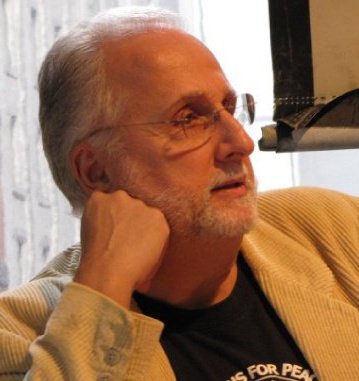[5] Deresponsibilization attempts a "cure" by convincing the patient of the "naturalness" of his behavior under the conditions of war. Stephen Howard explains.
Under the overwhelming threat of annihilation, our priorities regress to the survival state; all higher priorities, all ethical and moral considerations lose relevance, and only the survival of the individual and the immediate group retain significance.
Once the veteran realizes our primitive natures, he can "at last place into context some of his actions which he cannot comprehend or accept in any other way." Consequently, Howard concludes, the veteran will come to accept that, as his actions were quite natural, his guilt, shame, etc., is irrational and totally unwarranted.
[6] Lifton, Robert J., Home from the War: Vietnam Veterans, Neither Victims nor Executioners, pps. 166-167.
[7] J. Glenn Gray, The Warriors: Reflections on Men in Battle, pp. 175-6.
[8] Kilner, Peter G., "Military Leaders Obligation to Justify Killing in War," Military Review, vol. 72, no. 2, Mar-Apr 2004.
[9] Friedrich Nietzche, The Gay Science, Bernard Williams, ed., Cambridge University Press, 2001, p. 202
[10] 'Steven Pressfield, The Gates of Fire, Bantham Books, 1998, p.379





